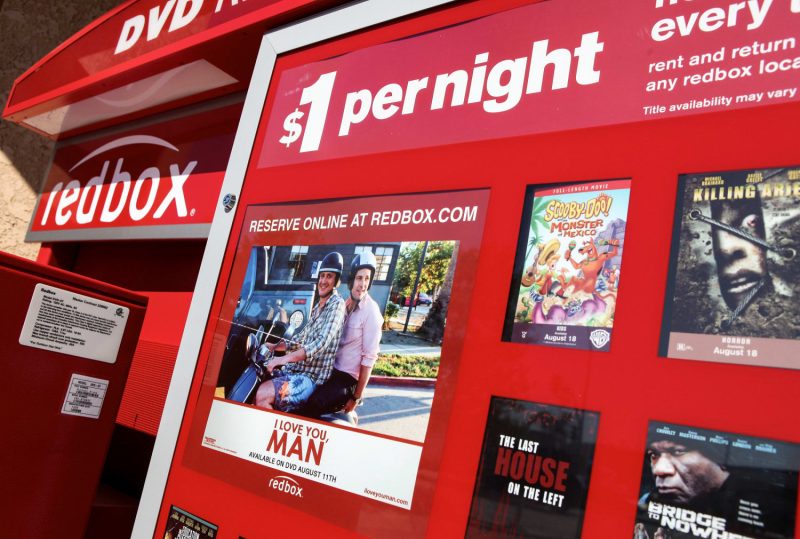Redbox Set to Close as DVD Market Withers in Streaming’s Shadow
The rapid evolution of technology has revolutionized the way we consume media. Streaming services such as Netflix, Amazon Prime, and Disney+ have become the new norm, offering vast libraries of movies and TV shows at the click of a button. With the convenience and affordability of streaming, traditional DVD rental services have struggled to stay afloat in recent years.
Redbox, known for its iconic red kiosks found in grocery stores and other retail locations, is one such casualty of the shift towards streaming. The company, which allowed customers to rent DVDs and Blu-rays for a low daily fee, has announced its plans to shut down its rental kiosks across the country. This decision comes as no surprise, as Redbox has faced declining revenues and reduced foot traffic in recent years.
One of the main reasons for Redbox’s decline is the increasing popularity of streaming services. With the rise of high-speed internet and affordable subscription plans, consumers have flocked to services like Netflix and Hulu for their entertainment needs. These platforms offer a vast selection of movies and TV shows that can be accessed from the comfort of one’s own home, making traditional DVD rental services seem antiquated in comparison.
Additionally, the COVID-19 pandemic has accelerated the shift towards streaming, as more people are staying indoors and looking for ways to entertain themselves. The convenience and safety of streaming services have only heightened their appeal, further marginalizing DVD rental services like Redbox.
Another factor contributing to Redbox’s demise is the rise of digital downloads. Platforms like iTunes, Google Play, and Vudu allow users to purchase or rent movies digitally, eliminating the need for physical discs altogether. This shift towards digital media has made it even more challenging for DVD rental services to compete in today’s market.
While it is sad to see the decline of traditional DVD rental services like Redbox, it is clear that the future of entertainment lies in streaming and digital downloads. As technology continues to advance and consumers’ preferences evolve, it is essential for businesses in the entertainment industry to adapt to these changes in order to survive.
In conclusion, the closure of Redbox serves as a stark reminder of the changing landscape of the entertainment industry. As streaming services continue to dominate the market, traditional DVD rental services are struggling to stay relevant. While it is undoubtedly the end of an era for Redbox, it also signals the beginning of a new chapter in how we consume media in the digital age.




























